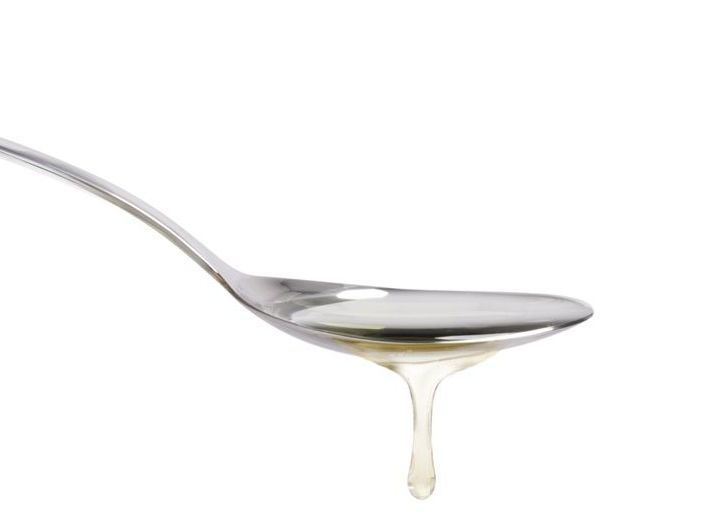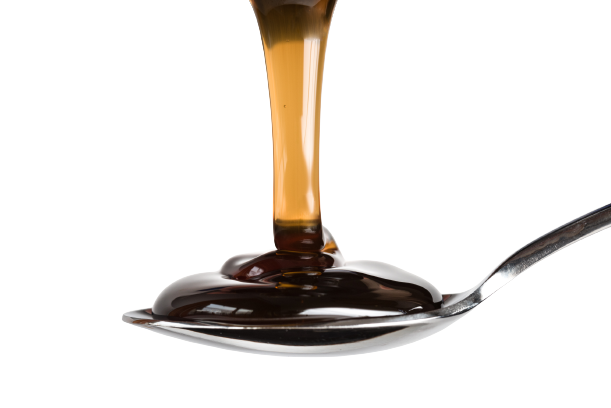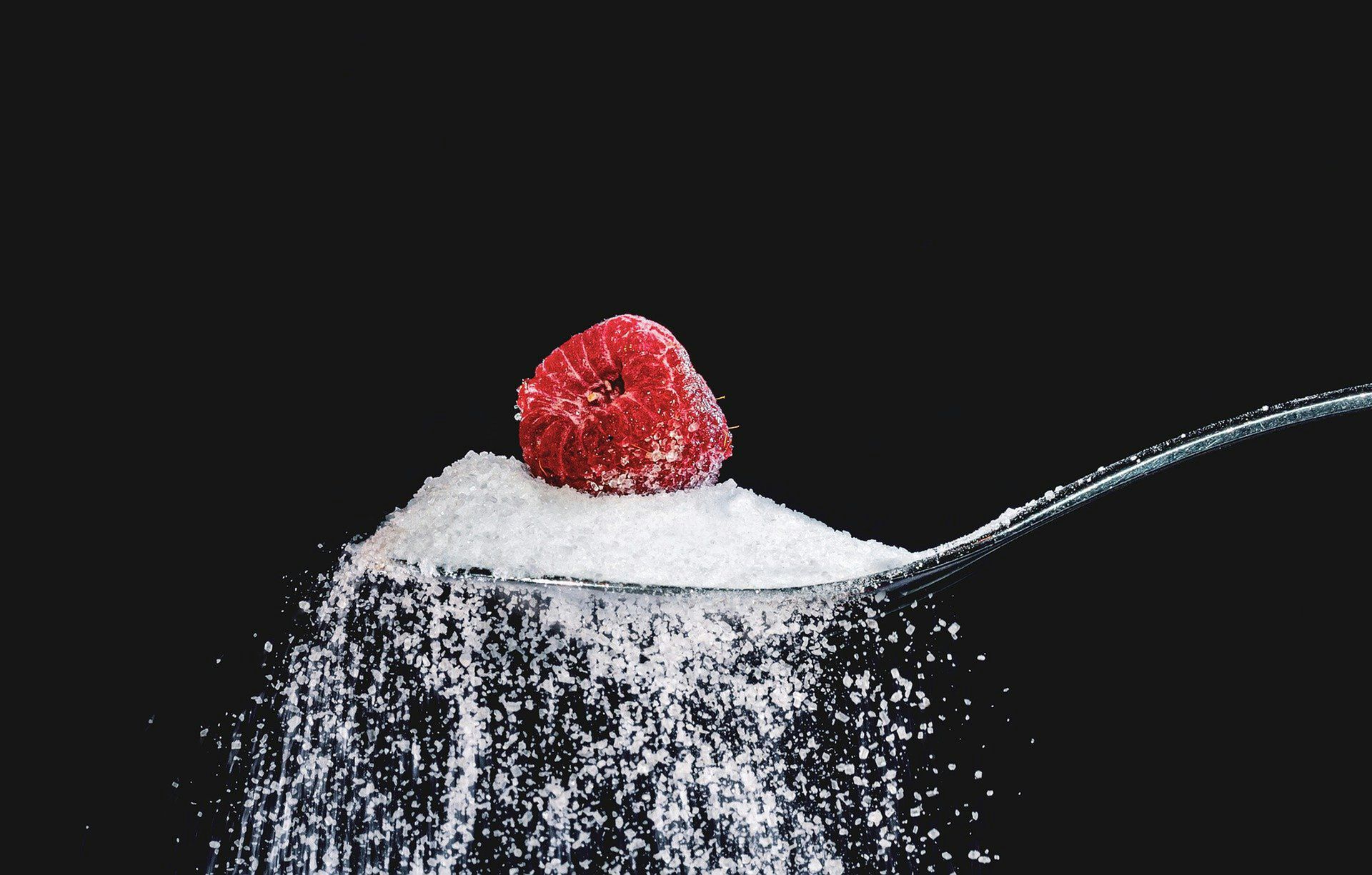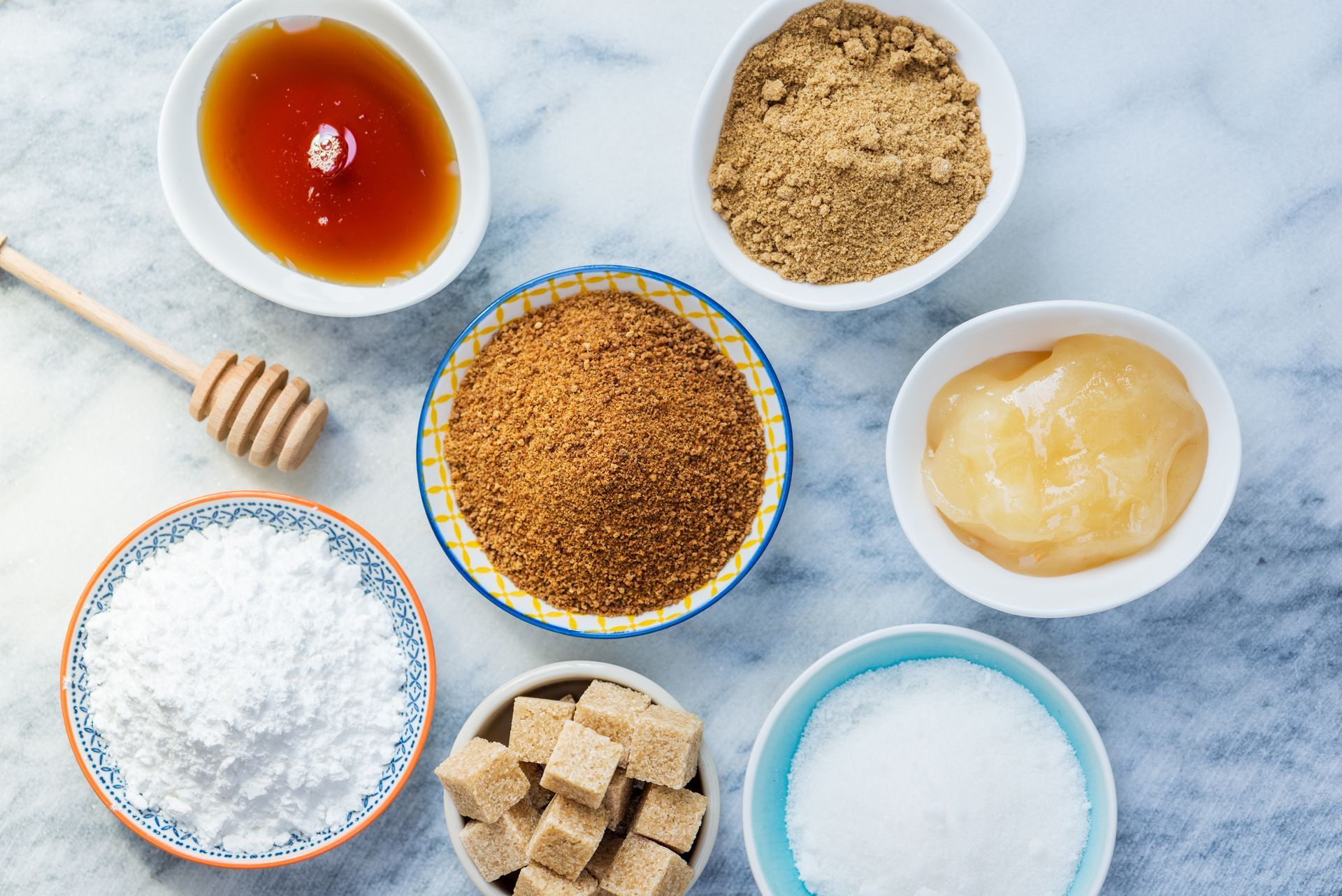What is the Difference Between Glucose Syrup & Corn Syrup


The Importance of Sweeteners in the Food Industry
Although the two syrups can really be used interchangeably, there are enough notable differences worth highlighting in this article. No matter what sweetener you use, they should all accomplish the same few goals: adding sweetness, texture, and mouth feel while avoiding crystallizing. These attributes will boost any of your baked goods, beverages, sauces, candies, or any other recipe you can imagine.
Depending on your industry or your needs, one type of syrup might work better than the other. Some of the most reliable syrups out there are the various forms of glucose syrup, with one of the most well known workhorses being
corn syrup. Within the umbrella of glucose syrups, there are a variety of different types and benefits to each. We are here to go over some key differences of glucose syrup vs corn syrup to help point you in the right direction of which one to use.
Natural Sweeteners vs Added Sweeteners
Almost everything we consume contains some kind of natural sugar. After all, humans require sugar in their diet for energy. The sugars found in fruits, vegetables, meats, and starches are all considered natural. You may be able to slightly influence the amount of sugar when growing crops, but ultimately you will always find sugar in these products because they are naturally occurring. Most natural sweeteners are considered essential instead or harmful to your health, and may even contain important antioxidants and nutrients.
On the other end, syrups and other granulated and
liquid sweeteners are known as added sweeteners. This doesn't mean they are not naturally made. Added sugars can come from sugarcane plants, beets and other fruits, beehives, tree sap, agave plants, and other natural sources. What turns them into "added" sugars is when you use additional sugar to add to a beverage, recipe, or more. Added sweeteners should be used more carefully, moderate use is always okay, but adding more starts to become problematic towards health.
What is Glucose Syrup?
Like the same suggests, glucose syrups break down the glucose molecules from any type of starch to create a sweet syrup byproduct. You can make glucose syrup from a variety of fruits, vegetables, or any product where sugar occurs naturally. In fact, a lot of glucose syrup actually uses corn as well, or a mixture of different sources like wheat, barley, potatoes, or rice. Glucose syrup's more mild taste arguably makes it more versatile, being found in all types of cuisine from around the world.
Types of Glucose Syrup
The different kinds of glucose syrup usually depend on the main starch source used. The type of starch can promote different properties in the syrup which can be useful in different kinds of recipes. Note that some corn syrups might just be referred to as glucose syrup.
- Wheat Glucose Syrup: Adds a malty flavor, helps encourage moisture. Perfect for making cakes and other spongy desserts.
- Potato Glucose Syrup: Less sweet and will resist crystallization. Potato syrup's thick texture makes it great in other savoy dishes such as soups.
- Rice Glucose Syrup: Imparts a glossy texture making it perfect for frostings, glazes and icing.
You might also see high-maltose glucose syrup, which is made up of both glucose and maltose, with maltose being in the majority. This syrup is even less sweet, but will keep products drier.
Benefits of Glucose Syrup
While glucose syrup does not offer much in terms of health benefits, it still can be made organically. Overall, glucose syrup of all types will improve taste and shelf life of all kinds of products. Unlike healthier sweetener options, glucose syrup will give you the standard sugar-taste experience where other sweeteners might bring in strange aftertastes for those who are not used to them.
Glucose also contains:
- Low freezing point so it can be used in frozen desserts and treats
- The ability to act as a thickening agent
- A low glycemic index
What is Corn Syrup?
Corn syrup is made up entirely of corn. Technically, corn syrup is a form of glucose syrup, but is restricted to its own category due to only being made with starches from corn. Corn syrup tends to be sweeter than glucose syrup and other natural syrups. Corn syrup has developed a bad reputation in more recent years, due to the prevalence of the highly processed version known as
high fructose corn syrup.
Types of Corn Syrup
Corn syrup is an abundant type of glucose syrup which only uses the starches from corn, but we can break it down further.
- Light Corn Syrup: Milder and more translucent, making it incredibly versatile to blend in with any recipe
- Dark Corn Syrup: Uses added molasses giving it a darker color which makes it ideal for darker, denser desserts.
- High Fructose Corn Syrup: Uses more fructose for a unique, sweeter flavor. Cheaper to manufacture, but will need to be used in moderation.
Benefits of Corn Syrup
Just like other glucose syrups, corn syrup holds no true health benefits, but it is not as dangerous as some are led to believe. Most forms of corn syrup are not as highly processed as high fructose corn syrup, and therefore are not considered too dangerous. People in America will likely be more familiar with corn syrup. Not only is corn incredibly abundant here, but so is the production of sugary foods, many of which use corn syrup or high fructose corn syrup. Because of this, corn syrup is relatively inexpensive and easy to find.
If you are in a pinch, corn syrup is incredibly easy to make! You simply need corn starch, sugar, salt, water, and an acid like cream of tartar or lemon juice to break down the starch.
Can You Substitute Glucose Syrup for Corn Syrup?
Essentially, glucose and corn syrup are the same thing. All corn syrup is glucose syrup, but not all glucose syrup is corn syrup. This means they can be used interchangeably, but as mentioned above, they are different types of glucose syrups that can aid in certain recipes.
You can create a syrup from virtually any
type of sweetener by diluting granulated forms of sugar into water. By using more sugar than water, you can create thicker syrups. Try experimenting with using 2:1 or 3:1 sugar to water ratios. Some sweeteners are already natural syrups, such as honey and maple syrup, which means they are already set to use as a direct substitute for glucose syrups.
Substitutes for Glucose Syrup
To replace glucose syrup, we recommend using other naturally occurring syrups, like honey, maple syrup, and agave syrups. The textures and flavor profiles will give you a similar texture and mouthfeel to your final results. Some of these products may be more expensive and harder to find, but you can use a simple 1:1 substitution in recipes.
Of course, you may also use corn syrup as a substitution! Since corn syrup is a glucose syrup, you don't have to worry about many differences with this simple substitution.
Substitutes for Corn Syrup
Like above, you can typically substitute corn syrup with any other natural syrup. Keep in mind corn syrup tends to be a little sweeter, so you may need to slightly adjust your recipes to achieve the desired sweetness you're looking for. Like glucose syrup, try to avoid using other refined syrups when making a substitution.
Buy Bulk Sugar from Indiana Sugars
Candy makers, bakers, manufacturers. Just like the differences from sweetener to sweetener, we understand the differences of every industry. When you have been around for a century like we have, there isn't anything we haven't handled. That's why we're the top sugar manufacturer and supplier in the nation, with decades worth of excellence in customer service to back it up.
We know how important high quality sugar can be, that's why we will always make sure you are stocked up with our bulk purchasing options delivered from one of our five warehouse locations across the country. We know the stresses and pain points of each industry, but that doesn't stop us from forming a unique partnership with all of our customers. If you need further help finding the right type of syrup or other sweetener you need, start by browsing our large catalog of sugar and sweetener options. We're happy to lend a helping hand, so contact us today to get started on your first order!










